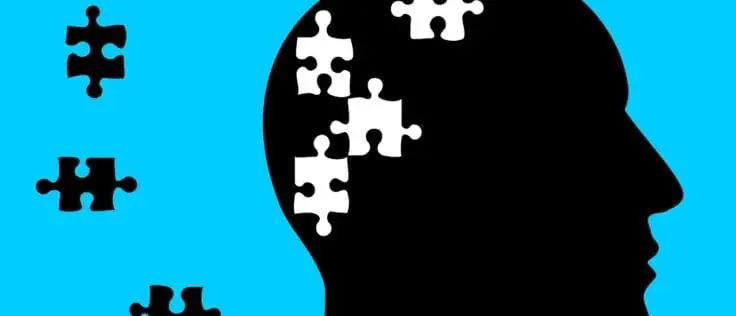If you have been keeping up with my blog recently – and if you haven’t, why not? – you might have read my post on complex PTSD. I actually have a handful of posts on mental health, and that’s because I am familiar with the challenges a lot of us face. I have personal experience of complex post traumatic stress disorder (CPTSD) and treatment is not something that I shy away from. Therapy, medication and self-help are all treatment options for complex PTSD. In this blog, I’ve explored how each of them work.
Complex PTSD Affects People in Different Ways
Whether you refer to it as complex PTSD or CPTSD, complex post traumatic stress disorder affects people in different ways. It’s a mental health condition that develops if you experience chronic, long term trauma. It’s often thought of as being linked to chronic trauma in childhood, and it often is, but adults who experience chronic trauma can also develop the complex PTSD.
Complex PTSD is, as the name suggests, a hugely complex condition. This means that it presents itself in a variety of ways. For some people, complex PTSD causes anxiety, flashbacks and nightmares. For others, it means avoiding certain situations and places linked to a traumatic event. A lot of complex PTSD sufferers experience heightened emotional responses, while others struggle to maintain healthy relationships.
Complex PTSD and PTSD Are Two Very Different Mental Health Conditions
There are two key things that make CPTSD and PTSD different; the length of time the trauma went on for, and the symptoms. To begin with, experts thought PTSD stemmed from short term trauma. This could be something like being in a car accident or experiencing a natural disaster. However, after a fair amount of research, they realised that long term trauma leads to different symptoms. Today, this is called complex PTSD.
Both complex post traumatic stress disorder and PTSD have symptoms that are psychological and behavioural. But, those with complex PTSD often have additional symptoms. This could include difficulty with emotional regulation, issues with identity and their sense of self, and relationship troubles.
Exploring Treatment Options for CPTSD
Therapy is one of the main treatment options for complex PTSD, specifically a type of cognitive behavioural therapy (CBT) that’s focused on trauma. Working with a trauma-informed therapist, trauma-focused CBT can provide support, guidance and education to help you deal with the symptoms of complex PTSD. It involves learning about how your body responds to trauma and stress, and how to better manage symptoms. Trauma-focused CBT also helps to identify problematic thinking patterns, and reframing and refocusing them.
A lot of people with CPTSD avoid situations that could trigger them, such as places that they associate with a traumatic time in their life. This often means that they don’t find ways to cope when presented with these triggers, but exposure therapy helps to combat this. It encourages you to slowly place yourself in difficult situations, ignoring the anxiety and stress, and learning to cope with how your body reacts.
Medication
There is no medicinal cure for complex PTSD. But, medical professionals regularly prescribe other medications to help with the symptoms. Many sufferers of complex post traumatic stress disorder benefit from antidepressants, anti-anxiety medications and medication to aid sleep. The aim of medication is to help with the emotional dysregulation and mood swings regularly caused by PTSD, and to manage symptoms of depression, anxiety and panic attacks. As is the case with all mental health conditions, there’s no shame in choosing medication as one your treatment options for complex PTSD.
Self-Help Strategies
There are also treatment options for CPTSD that you can manage yourself. For example, educating yourself about complex PTSD and its symptoms can be beneficial. Take the time to find out how trauma impacts the brain and body. Understanding the nature of the condition can help you feel more in control and reduce feelings of shame.
Practising grounding exercises can also help, to help you stay present and connected to the here and now. This could include deep breathing, using your senses to identify your surroundings, or holding an object that provides comfort. This goes hand in hand with mindfulness practices or meditation. It’s a way to promote relaxation, reduce stress and cultivate a greater awareness of your thoughts and emotions.
If you are someone who suffers with complex post traumatic stress disorder, which treatment option works best for you?






